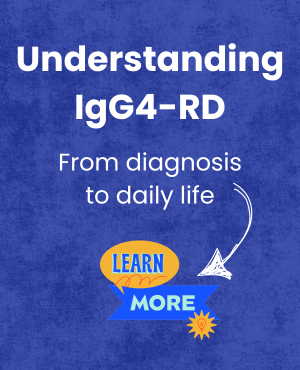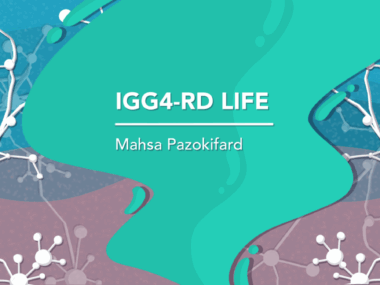Combining treatments may reduce risk of relapses in IgG4-RD
Large new analysis IDs allergies, low protein levels as relapse risk factors
Written by |

People with immunoglobulin G4-related disease (IgG4-RD) are more likely to relapse if they have allergies, multiple organ involvement, or low levels of complement proteins — but using corticosteroid treatments together with immunosuppressants may reduce this risk.
That’s according to a meta-analysis of 24 studies that sought to identify potential risk factors for IgG4-RD relapses, “thereby informing clinical strategies for prevention and management,” the researchers wrote.
The scientists particularly noted “a remarkable association between the history of allergy and relapse in patients with IgG4-RD.” The team called for “more vigilant monitoring schedules” for patients with allergies, and also stressed the need for “individualized treatment approaches.”
Using more than one treatment also may help, the researchers noted, writing that “the combination of corticosteroids and immunosuppressants could [reduce] relapse rates of IgG4-RD.”
The study detailing their findings, titled “Risk factors for relapse of IgG4-related disease: a systematic review and meta‑analysis,” was published in the journal Clinical Rheumatology.
IgG4-RD is a chronic immune disorder in which immune cells infiltrate tissues, causing inflammation and scarring, and leading to the formation of tumor-like masses in different organs and structures. Such masses can be detected in the pancreas, which secretes essential fluids to aid digestion, the salivary glands, the kidneys, and the lungs.
Many IgG4-RD patients respond well to treatment at first, but the condition often comes back, or relapses, the researchers noted.
“Understanding the underlying factors contributing to the relapse of IgG4-RD is essential for improving patient outcomes and guiding clinical practice,” the team wrote.
Study: Try corticosteroid treatment plus immunosuppressants in IgG4-RD
To learn more, researchers from Capital Medical University in China combined data from 24 studies involving 3,797 people with IgG4-RD.
Their meta-analysis — a pooled assessment of published studies — found three important risk factors for relapses.
The first was a history of allergies, with data indicating that people with allergies were almost three times more likely to experience a relapse.
The second risk factor was organ involvement: Individuals whose disease affected three organs or more had a 60% higher chance of relapsing, the data showed.
The third was the level of complement proteins, which normally help the body fight off infections. Lower levels of these proteins were associated with a 2.27 times higher risk of relapse, according to the researchers.
[The] insights gained provide a foundation for enhancing individualized treatment approaches and integrating predictive biomarkers, thus promising to improve patient outcomes in IgG4-RD management.
Treatment choices for these IgG4-RD patients also made a big difference, the researchers noted.
Individuals treated with corticosteroids alone often relapsed, the data showed. But when corticosteroids were combined with immunosuppressants, relapse rates dropped significantly, the analyses indicated. This suggests that combination therapy is more effective for long-term control, the researchers noted.
The study also calculated relapse rates over time. After one year, about 17% of patients had relapsed. By two years, relapses occurred in 26% of patients, and by three years, that percentage rose to 33%. According to the team, the results show that relapse becomes more common the longer patients are followed.
Summing up their findings the researchers noted that patients with a history of allergies, disease affecting several organs, or low complement levels are at higher risk of relapse. As such, clinicians should pay special attention to patients with any or all of these risk factors, and may need to consider combination therapy to reduce the chance of relapse, the team noted.
“[The] insights gained provide a foundation for enhancing individualized treatment approaches and integrating predictive biomarkers, thus promising to improve patient outcomes in IgG4-RD management,” the researchers concluded.







